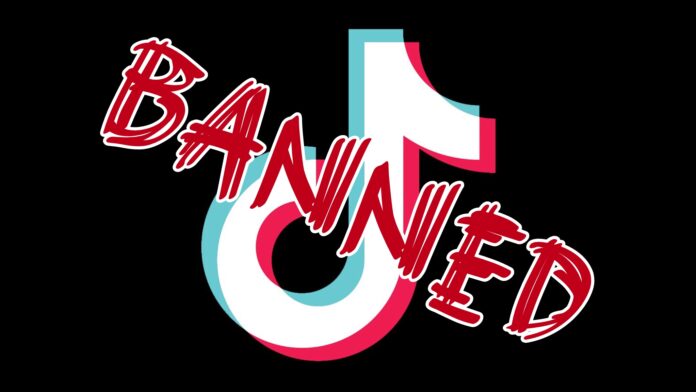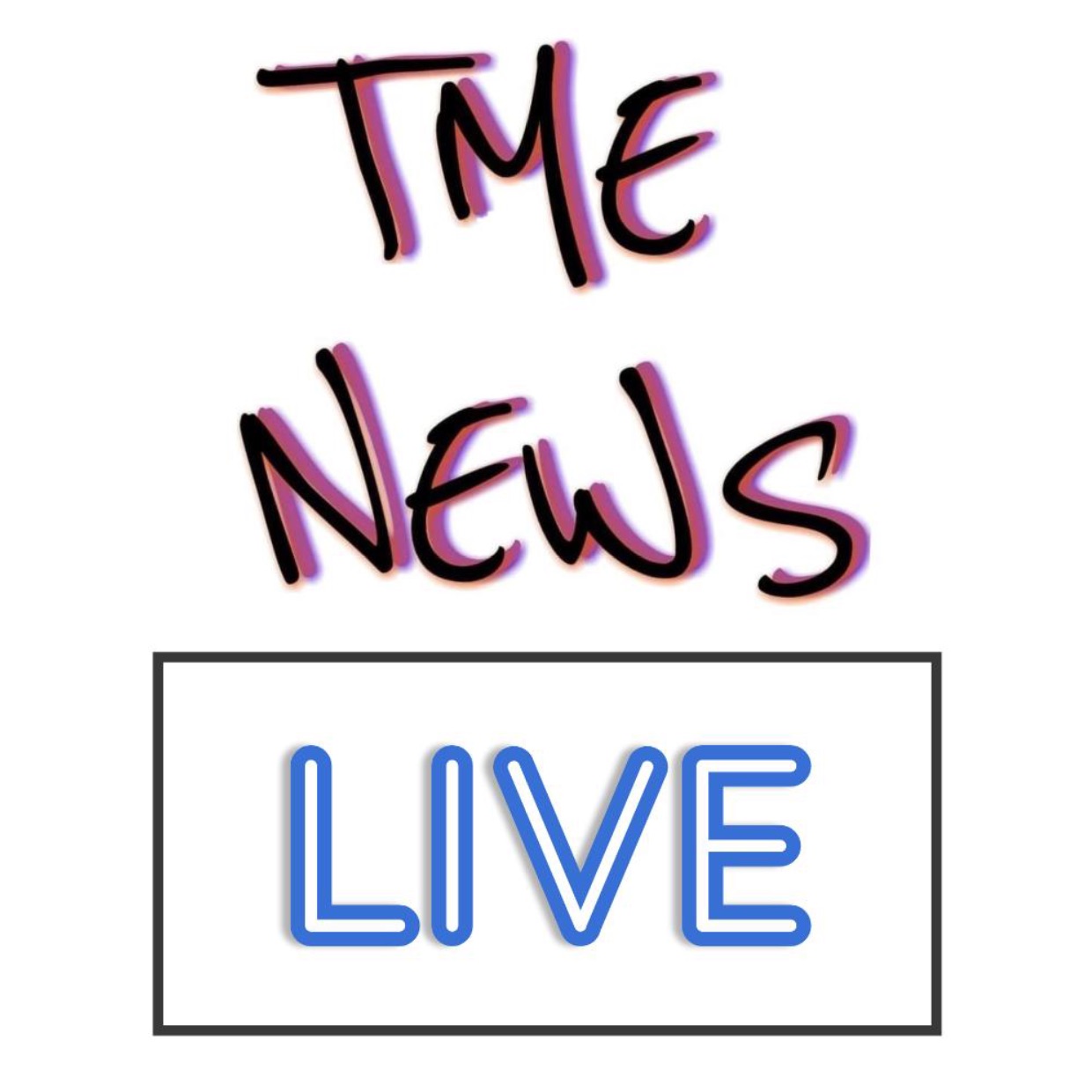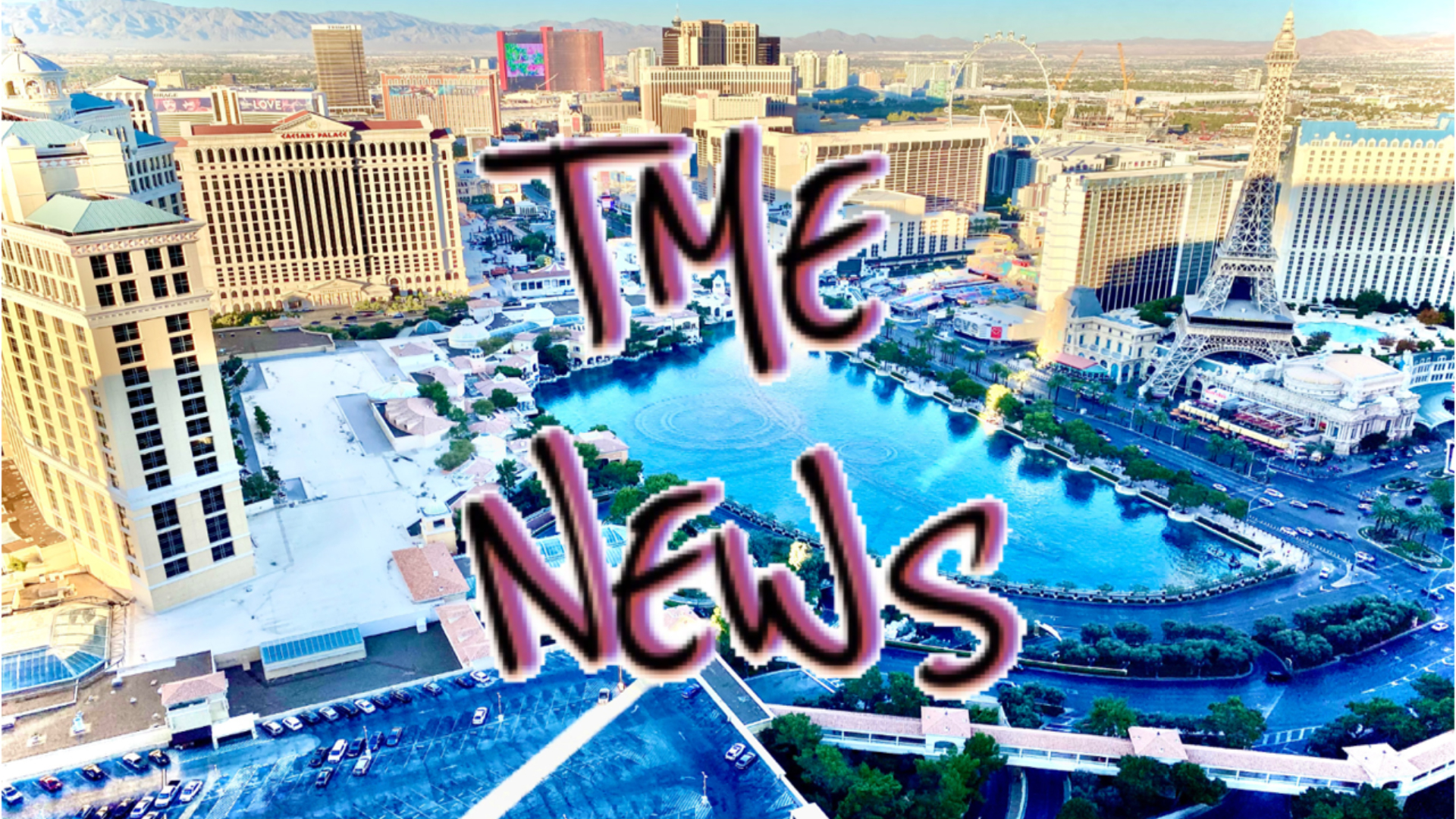The popular social media platform TikTok is set to face a nationwide ban in the United States starting January 19, 2025. This controversial decision comes just days before former President Donald Trump is scheduled to be inaugurated for his second term, reigniting debates over digital privacy, national security, and the future of social media.
Why Is TikTok Being Banned?
The U.S. government has long expressed concerns over TikTok’s ties to its parent company, ByteDance, a Chinese firm. Lawmakers argue that the app poses a significant risk to national security by potentially allowing the Chinese government access to American user data. Despite TikTok’s assurances that U.S. data is stored on American servers and managed by independent oversight, critics remain unconvinced.
The upcoming ban is part of a broader effort to curb foreign influence in American technology and protect sensitive user information. While previous attempts to ban the app faced legal and public resistance, the renewed push reflects heightened bipartisan concern about cybersecurity.
The Impact on Creators and Businesses
With over 150 million U.S. users, TikTok has become a cultural phenomenon and a vital platform for content creators, small businesses, and influencers. The potential ban threatens to disrupt countless livelihoods, as many creators depend on TikTok for income, brand deals, and audience engagement.
For small businesses, TikTok has served as an affordable marketing tool to reach new audiences. A ban could force these businesses to shift their efforts to other platforms like Instagram Reels, YouTube Shorts, or emerging competitors.
Influencers and creators are already exploring alternative strategies, with many diversifying their content to reduce dependence on TikTok. Some have urged their followers to connect on other platforms, while others express uncertainty about the future of digital content creation.
The Political Debate
The timing of the ban has sparked political debate, with critics accusing the government of using TikTok as a scapegoat for larger geopolitical tensions with China. Supporters of the ban argue that it is a necessary step to safeguard American data from potential exploitation by foreign adversaries.
Former President Trump, who initiated efforts to ban TikTok during his first term, has made national security a cornerstone of his return to the White House. The ban aligns with his administration’s broader goal of decoupling critical technologies from foreign influence.
What’s Next?
As the January 19 deadline approaches, many questions remain unanswered. Legal challenges from TikTok and its users are expected, as opponents argue the ban infringes on free speech and the rights of American businesses. If implemented, the ban would represent a significant precedent in regulating foreign-owned digital platforms in the U.S.
For now, creators, businesses, and users are bracing for a major shift in the digital landscape. Whether the ban ultimately goes into effect or faces delays, one thing is clear: the debate over TikTok’s future will have lasting implications for social media, national security, and the intersection of technology and politics.
This article aims to provide a comprehensive overview of the situation while highlighting the potential ripple effects of the TikTok ban. Let me know if you’d like to tailor it further!


